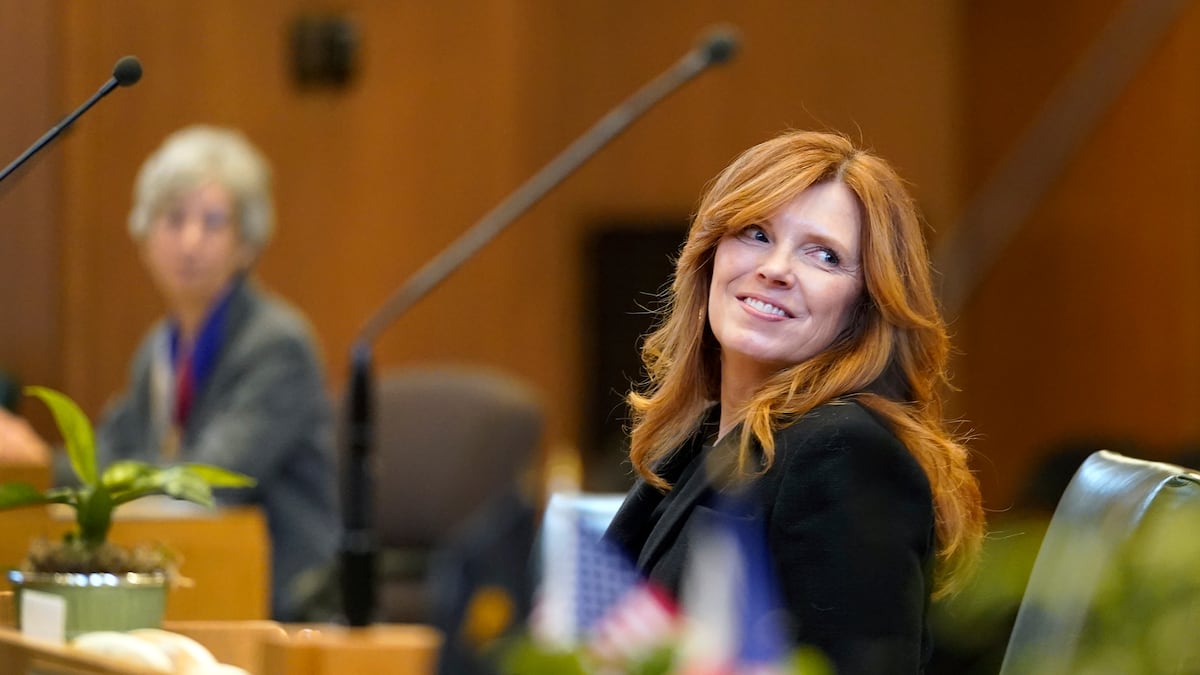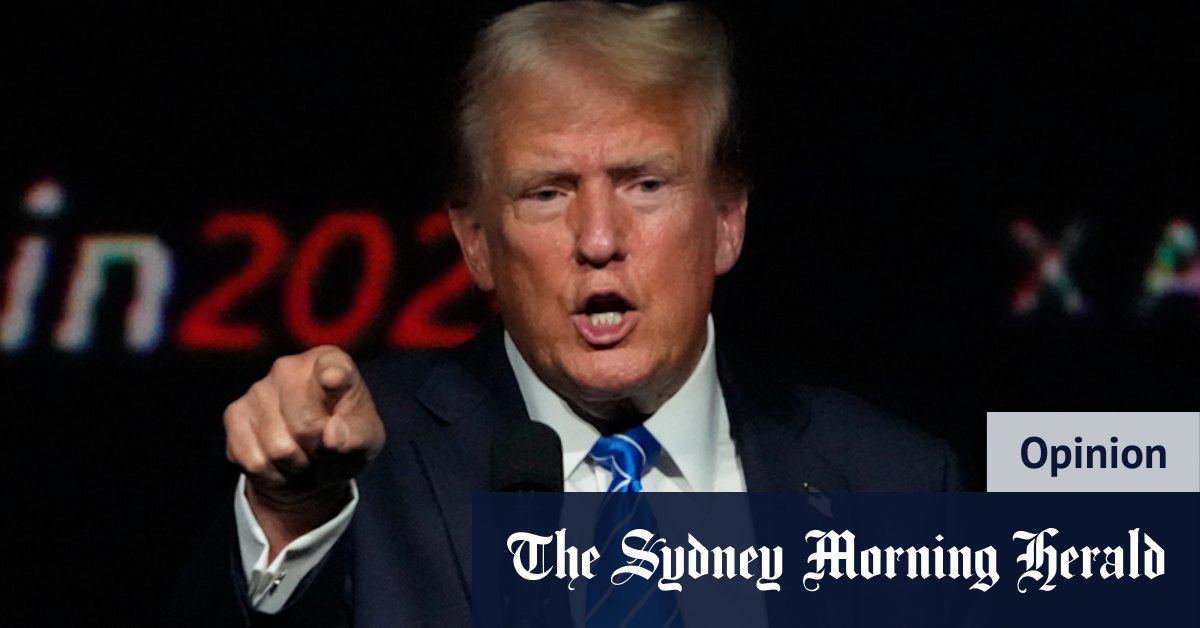Oregon Considers Delaying Campaign Finance Regulations
Lawmakers in Oregon are weighing a proposal to delay the implementation of new campaign finance regulations by four years, potentially pushing the enactment date from 2027 to 2031. The decision stems from concerns that the state is not adequately prepared to administer the reforms on the original timeline.
State Officials Raise Concerns Over Readiness
Oregon elections officials recently warned that the infrastructure required to oversee and enforce the planned campaign finance limits is not yet in place. Without significant updates to election systems and staffing, they argue, the state would struggle to meet the standards laid out in the proposed reforms.
“We want to ensure these rules are implemented effectively and fairly,” said an official from the Oregon Secretary of State’s office. “Rushing the timeline could result in confusion and uneven enforcement, which could undermine public trust.”
Background on the Campaign Finance Reforms
The campaign finance regulations were initially slated to go into effect in 2027, following years of public debate and legislative action. The reforms aim to place limits on political contributions in a state that currently has few restrictions. For years, Oregon has been one of a handful of states without caps on donations to political campaigns, drawing criticism from transparency advocates.
In 2020, Oregon voters approved a constitutional amendment allowing the state to impose limits on campaign contributions and expenditures. That vote paved the way for lawmakers to craft detailed legislation. However, the complexity of implementing such rules has proven challenging.
Why the Delay Is Being Proposed
Legislators supporting the delay argue that more time is needed to develop systems for tracking contributions, training staff, and establishing enforcement mechanisms. They emphasize that a rushed implementation could lead to legal challenges or loopholes that undermine the intent of the law.
“These are sweeping changes to how campaigns are funded in Oregon,” said a state senator involved in the proposal. “We owe it to the public to make sure we get it right.”
Opponents of the delay, however, worry that pushing back the timeline will allow continued unchecked influence by wealthy donors and special interests. Some advocacy groups have warned that the public’s patience is wearing thin after years of inaction on campaign finance reform.
Impact on Upcoming Elections
If the delay is approved, candidates in the 2028 and 2030 election cycles would still operate under the current system, which allows unlimited donations. This could significantly impact the funding dynamics in state races, particularly in hotly contested legislative and gubernatorial campaigns.
Critics argue that delaying the reforms could give an unfair advantage to well-funded candidates and make it harder for grassroots campaigns to compete. “Every election conducted under the old rules further entrenches the influence of big money,” said a spokesperson for a campaign finance watchdog group.
Next Steps in the Legislative Process
The proposal to delay the implementation of the campaign finance regulations is currently under review by a legislative committee. Lawmakers are expected to hold public hearings and debates in the coming weeks before bringing the measure to a vote.
Supporters of the delay have signaled a willingness to work with reform advocates to find a middle ground, such as phasing in certain aspects of the regulations before 2031. However, it remains to be seen whether a compromise can be reached.
Public Opinion and Political Ramifications
Public sentiment in Oregon has generally favored campaign finance reform, with many voters expressing frustration over the influence of money in politics. The 2020 constitutional amendment passed with more than 78% support, indicating widespread backing for stricter rules.
As the debate continues, lawmakers will need to balance the logistical challenges of implementation with the public’s demand for accountability and transparency. The outcome of this decision could have lasting implications for how elections are conducted in Oregon for years to come.
This article is inspired by content from OPB. It has been rephrased for originality. Images are credited to the original source.






